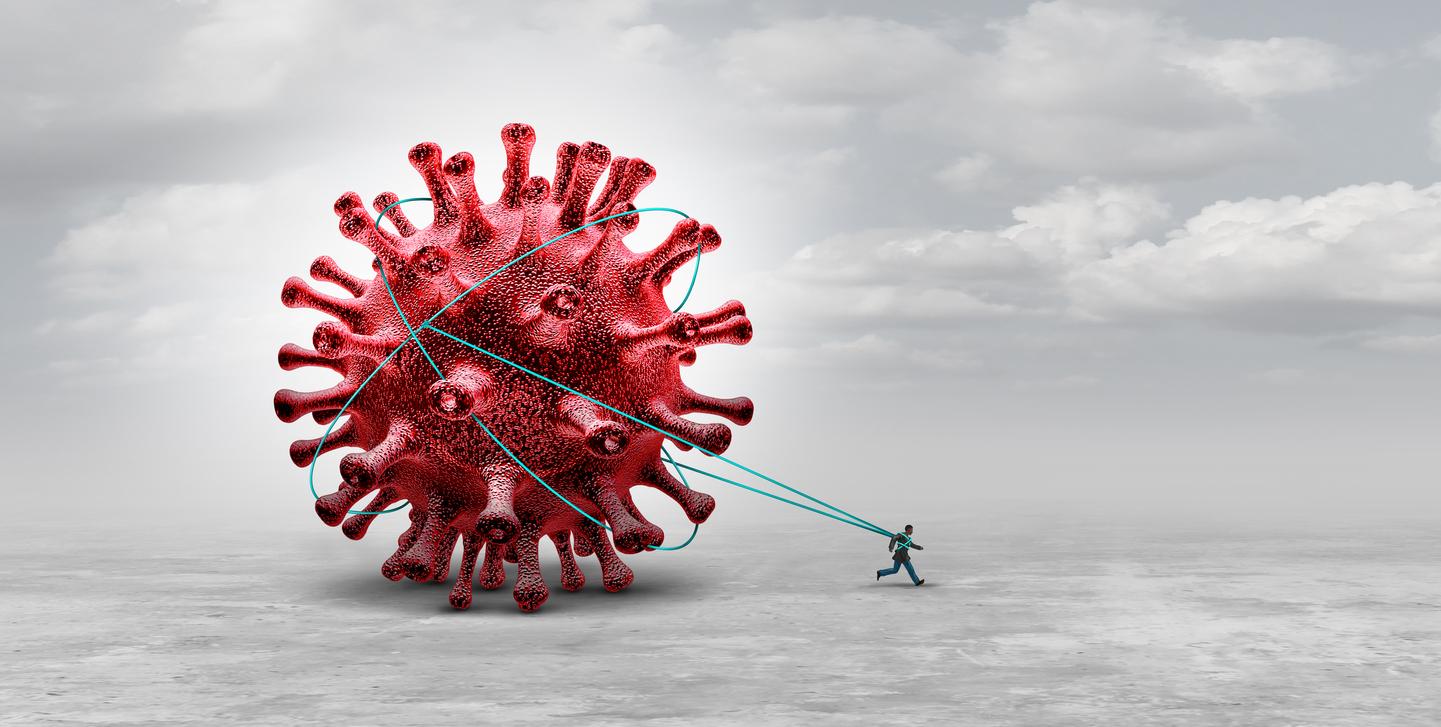The mechanisms of long covid are still poorly understood, however, a recent study suggests that there are two major types of long covid with different immune responses.

- If the symptoms persist for more than four weeks, it is a long covid.
- Fatigue is the most common symptom, although smell or taste disturbances are very characteristic.
- Tobacco consumption or excess weight are aggravating factors of long covid.
Also called post-Covid syndrome, long Covid refers to all symptoms that persist for more than four weeks in people who have been infected with the coronavirus. They can include breathing problems, chronic fatigue, loss or alteration of the sense of smell, multiple pains, skin problems, and even psychological disorders. The exact mechanisms of long Covid remain poorly understood, but it appears that immune system responses play a key role in its onset. Scientists from the Institut Pasteur in collaboration with Inserm, CNRS and AP-HP have undertaken in-depth research to better understand this phenomenon.
Their findings were featured in the journal Frontiers in Immunologylast July.
Long Covid: different immune responses depending on the patient
The researchers looked at antibody production and the presence of antiviral T cells in patients with long Covid. The results revealed that almost a third of the patients had a very weak immune response, while the others showed as strong a response, or even stronger, than people fully recovered from Covid-19.
These findings suggest that there are two major types of long Covid, characterized by different immune responses. In one case, the patients have long Covid, because their insufficient immune response does not allow the body to completely eliminate the virus. In other people suffer from this disorder because their excessive immune response leads to inflammatory damage. This distinction opens interesting perspectives for better care of patients with long Covid.

Long Covid: more sensitive tests to improve care
By identifying the different types of immune responses after a covid-19 infection, doctors could tailor treatments and care according to the specific needs of each patient. For example, patients with a weak immune response might benefit from complementary therapies to boost their immune system, while those with an excessive immune response might require anti-inflammatory treatments to reduce the damage caused by inflammation.
And precisely, for its study, the team of the Pasteur Institute has had to develop particularly sensitive immunological tests to detect an immune response in patients with Covid long “weak responders”, for whom the standard test for antibodies was negative. They made it possible to find “response traces” in more than half of the patients who had been classified as seronegative.
“If validated, these more sensitive lab tests could be used to help HIV-negative patients document their infection, and thus facilitate their access to medical care.”says Lisa Chakrabarti, researcher in the “Virus and Immunity” unit in a communicated of the Institut Pasteur published on August 23, 2023.
These exams could help diagnose patients with long Covid more quickly and more accurately, which is crucial given the estimated number of one million people in France suffering from persistent symptoms.
















